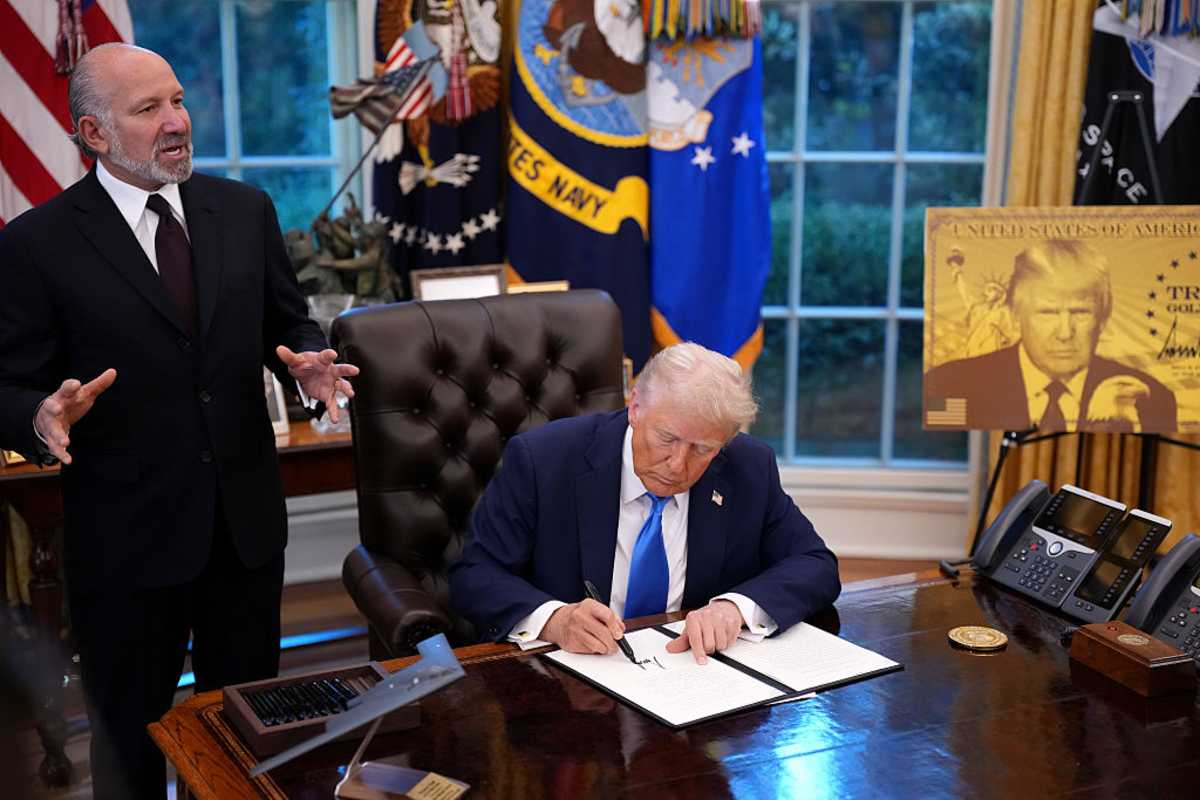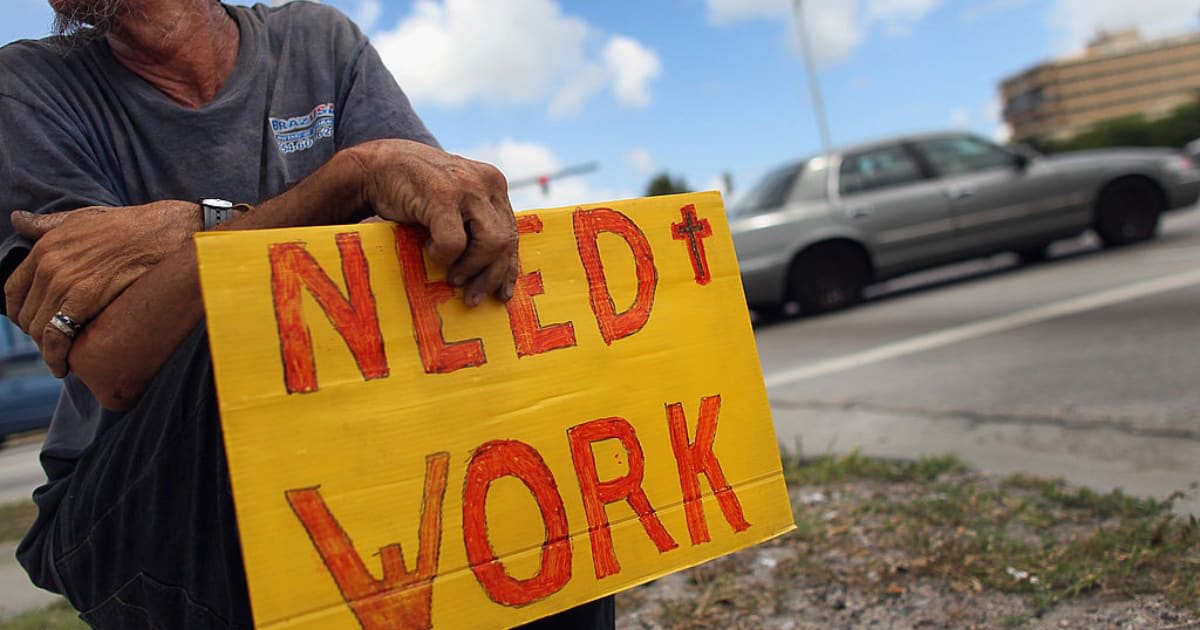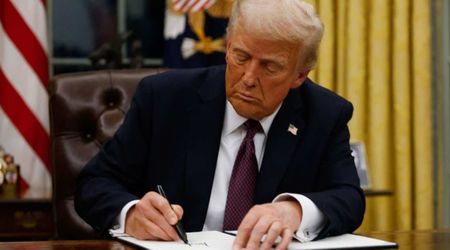Trump admin claims Americans are living in a 'golden age' — but experts have questions

President Donald Trump kicked off his second term with a long to-do list, emphasizing his inaugural address that "The golden age of America begins right now." Since then, he introduced reciprocal tariffs, the One Big Beautiful Bill Act, changes in federal jobs, and several economic policies, including the recent affordability agenda that has rocked the US markets, creating chaos. Yet the administration has been touting its proposals as a 'golden period', deflecting from the growing chances of inflation.

United States Secretary of Commerce, Howard Lutnick, recently praised Trump's affordability agenda, stating the administration emphasized its commitment to affordability by reviewing all expense categories to enhance consumer affordability. He highlighted that American earnings were increasing, which, coupled with efforts to reduce prices, is expected to create a favorable economic environment for consumers. "American earnings are growing, right? The average earnings of Americans their income is growing. So as that grows and we drive prices down, you're going to feel that golden age coming. So it's the combination of earnings growing, and we are razor-focused on bringing down prices," he said.

Ron Insan, contributing to CNBC, and Max Chaffkin of Bloomberg discussed the notion of America's golden age while appearing on a special MS Now segment, "The 11th Hour," recently. Insan pointed out that the true golden age was post-World War II, marked by the U.S. economy constituting 50% of global GDP with only 5% of the world's population. He also noted stronger growth and employment in the 1980s and 1990s, contrasting it with current conditions characterized by persistent inflation and a weakening job market, asserting that while the White House may appear 'golden,' the overall economic picture does not support the obnoxious claim.

The discussion then highlighted a study from the Council on Economic Advisers and promoted by Treasury Secretary Scott Bessent, suggesting that moving from a blue state to a red state could lower inflation rates, as blue states have higher inflation due to less deregulation and higher prices. However, the experts criticized this advice, pointing out the high costs and challenges associated with relocating, including the potential lack of job opportunities. Additionally, they noted that despite lower inflation in red states, they also exhibit lower median household incomes compared to blue states, raising questions about the overall financial benefits of such a move.

Inflation has risen to 3% since Trump took office, partly due to tariffs and residual effects from the previous administration's pandemic spending. The experts addressed that after 11 months in office, Trump is seen as accountable for the economy and inflation rates. This situation mirrors the challenges faced by former President Joe Biden, who struggled to convince the public of economic success despite positive indicators, as people's personal experiences often contradict political narratives. During the Biden administration, there were ambitious claims about revitalizing manufacturing, such as the establishment of a new chip plant, which would take years to materialize amid rising costs of essentials like eggs.

Similarly, the Trump administration focused on tariffs and vague promises regarding Saudi Arabia's investment in AI. However, these initiatives also faced long timelines and uncertain job creation. Insan and Chaffkin highlighted that the market may seem healthy based on stock rebounds, particularly from the top tech companies, but the majority of firms underperform, especially smaller companies that contribute significantly to U.S. job growth. Additionally, Trump's stance against TV network expansions raises concerns about ideological compliance in media mergers, notably those involving networks like Warner Bros and Comcast. Lastly, the cryptocurrency market is experiencing significant downturns, with a record $3.5 billion withdrawn from Bitcoin ETFs, indicating a potential loss of confidence and challenging conditions for many digital currencies. The experts concluded by stating that the administration has been working on everything possible except for bringing down inflation.
More on Market Realist:
Donald Trump is ‘fixing’ the 'broken' economy he got from Joe Biden, says Tom Emmer
Trump’s new health care proposal has Republicans anxious even before it is released
Backlash grows against Target, Amazon, and Home Depot for their actions believed to please Trump




















